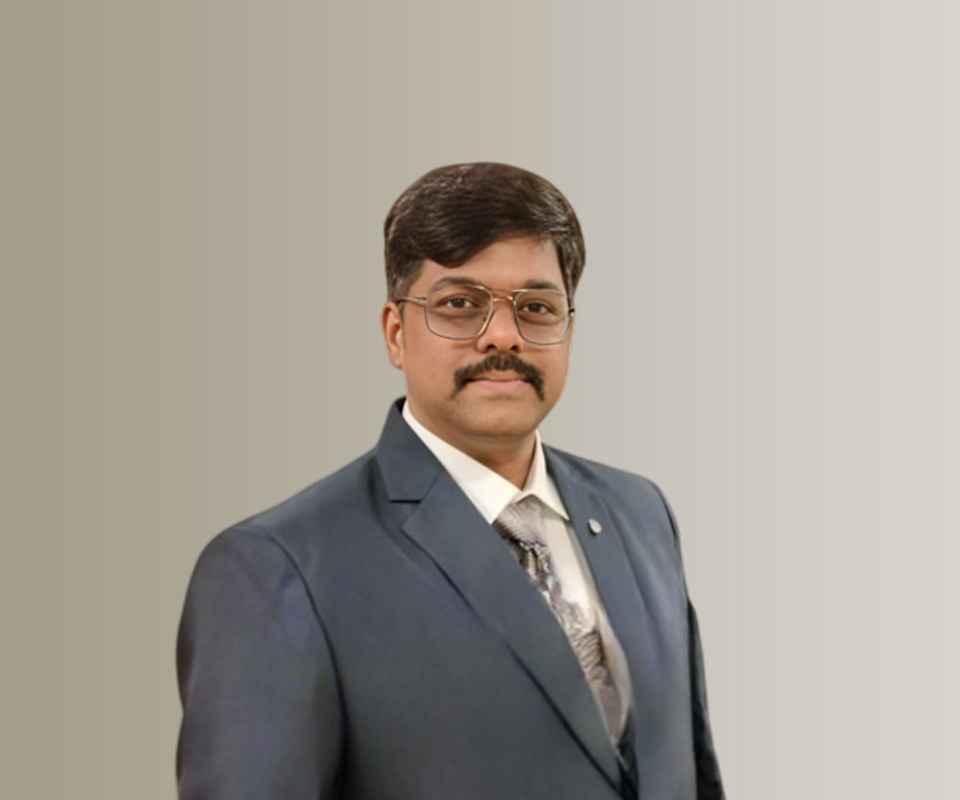Answer By law4u team
Yes, a lawyer can represent a petitioner before the Armed Forces Tribunal (AFT). In fact, it is advisable for a petitioner to be represented by a lawyer, especially if the issues involved are complex and require legal expertise. The AFT is a specialized tribunal that deals with matters related to the armed forces, and the laws and procedures followed by the AFT may be different from those followed in other courts. A lawyer who has experience in dealing with AFT cases can provide valuable guidance and advice to a petitioner, and can help ensure that the petitioner's rights and interests are protected. However, it is important to note that there are certain restrictions on who can appear before the AFT as a lawyer. For example, only advocates who are registered with the Bar Council of India are allowed to practice law before the AFT. Additionally, lawyers who are not enrolled as advocates but are authorized by the AFT to represent a party must comply with certain rules and regulations. These rules and regulations may vary depending on the jurisdiction and specific circumstances of the case. In summary, a petitioner can be represented by a lawyer before the AFT, subject to certain restrictions and regulations. It is advisable to seek the services of a lawyer who has experience in dealing with AFT cases to ensure that the petitioner's interests are protected.









